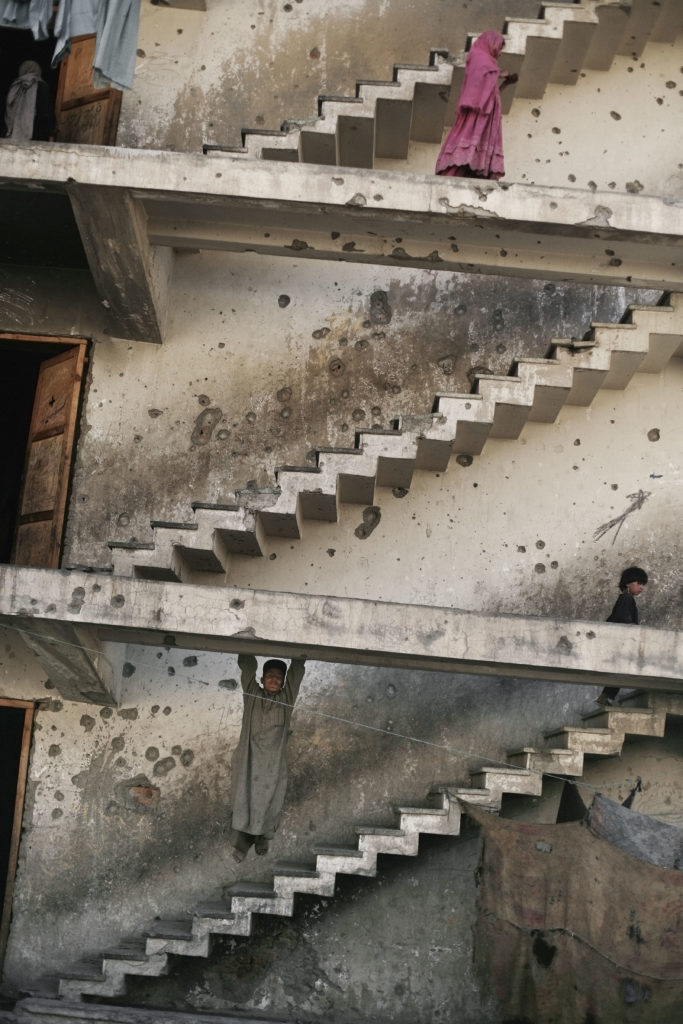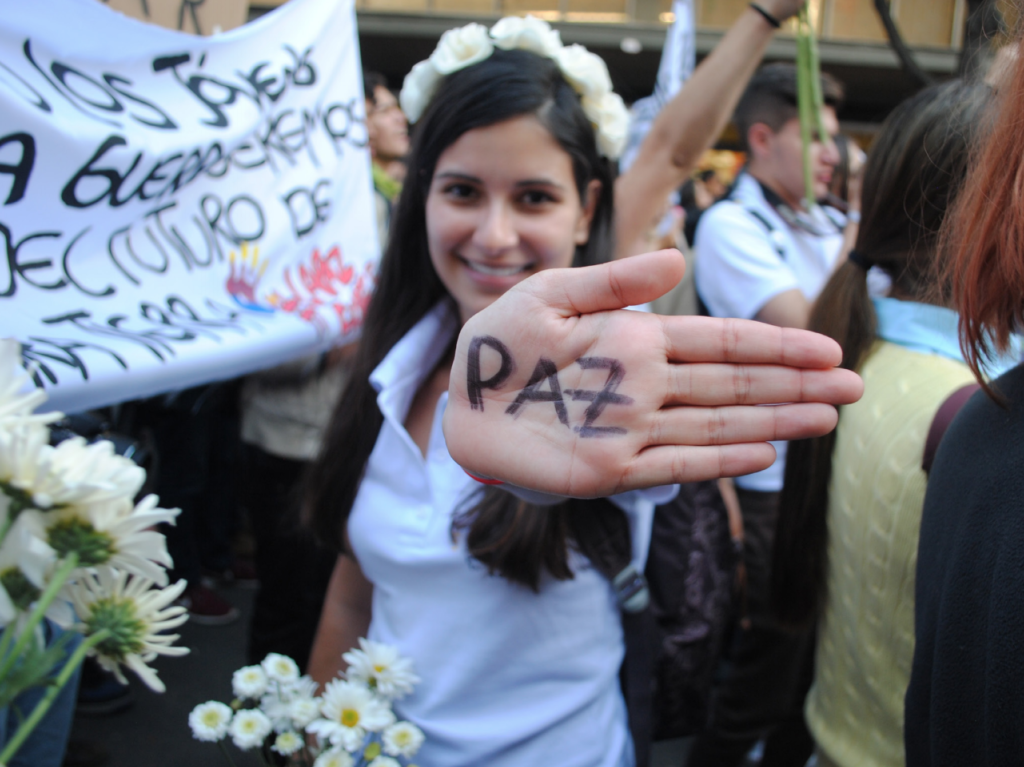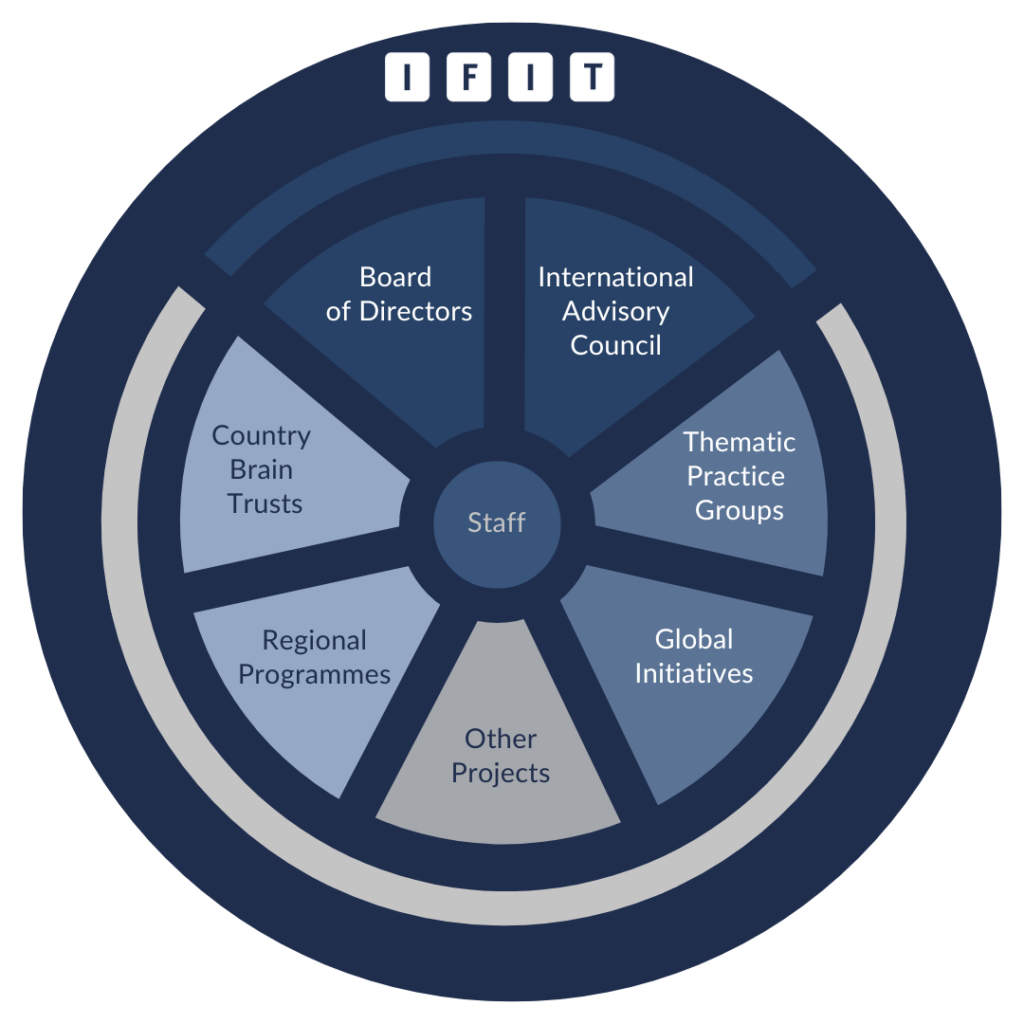Our Model
IFIT operates a unique model primarily focused on the interaction of two kinds of expert networks: thematic “practice groups” and country “brain trusts”. Through this approach, we are able to provide more integrated analysis and solutions that realistically strengthen peace, democracy and human rights.

Moises Saman/Magnum Photos
How we work
Our advice and support are requested or offered as part of a dialogue, negotiation or transition process.
1We assess the situation and deploy IFIT experts who provide creative, realistic, and principled advice on a time-sensitive basis to key decision-makers.
2Over time, we develop close local partnerships, which often culminate in the establishment of a national brain trust of social, business and political leaders.
3Our expert staff and practice groups support and work actively with these leaders, generating analysis and practical solutions in locally identified areas of priority.
4We continuously adapt to changes on the ground, seeking to expand areas of policy consensus at the highest levels.
5What we do
Helping policies succeed
We advise leaders who are serious about dialogue and achieving inclusive transitions out of conflict, crisis or repression. We offer international lessons and comprehensive expertise to support their efforts.
Bringing realistic solutions
We help identify policy options that are creative, realistic and principled. We look to broaden the spectrum of perceived solutions so that consensus can be reached more easily.
Working at the highest levels
We are present and active at the decision-making table, helping open up processes and ensure that policies and agreements benefit the greatest number of people possible.
Our mission

IFIT is an international non-governmental organisation. Our aim is to help fragile and conflict-affected states achieve more inclusive negotiations and sustainable transitions out of conflict, crisis or repression by serving as an independent, trusted and comprehensive source of policy expertise.
Because every dialogue and transition is different, we deploy a global network of multidisciplinary practice groups and local brain trusts, always customising our advice to the situation and issues at hand.
Our goal is to foster and promote awareness of the full range of policy choices available to face any negotiation or transition dilemma, find common ground between adversaries, and bridge social divides.
Our structure
IFIT operates as an integrated global community of 380+ experts working as members of staff, governance bodies, thematic practice groups, country brain trusts, regional programmes or global initiatives. As an intentionally collaborative organisation, IFIT belongs to global platforms such as the Mediation Support Network and the Alliance for Peacebuilding.


